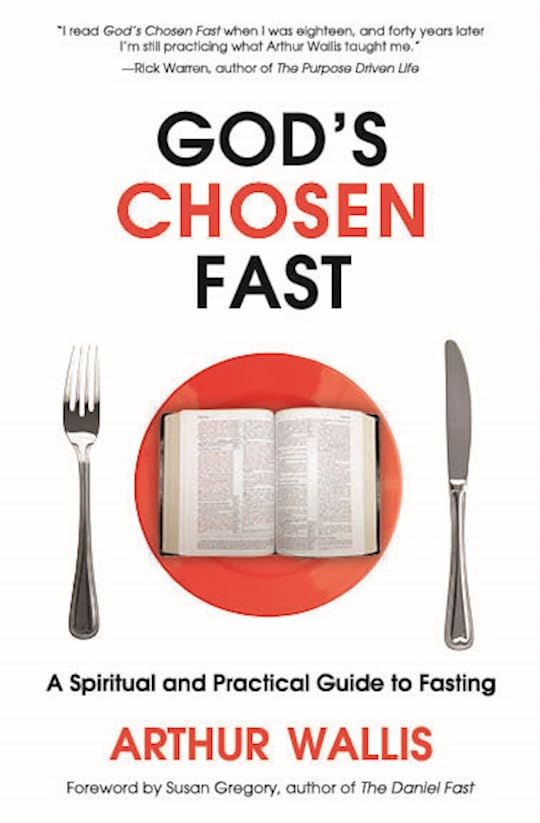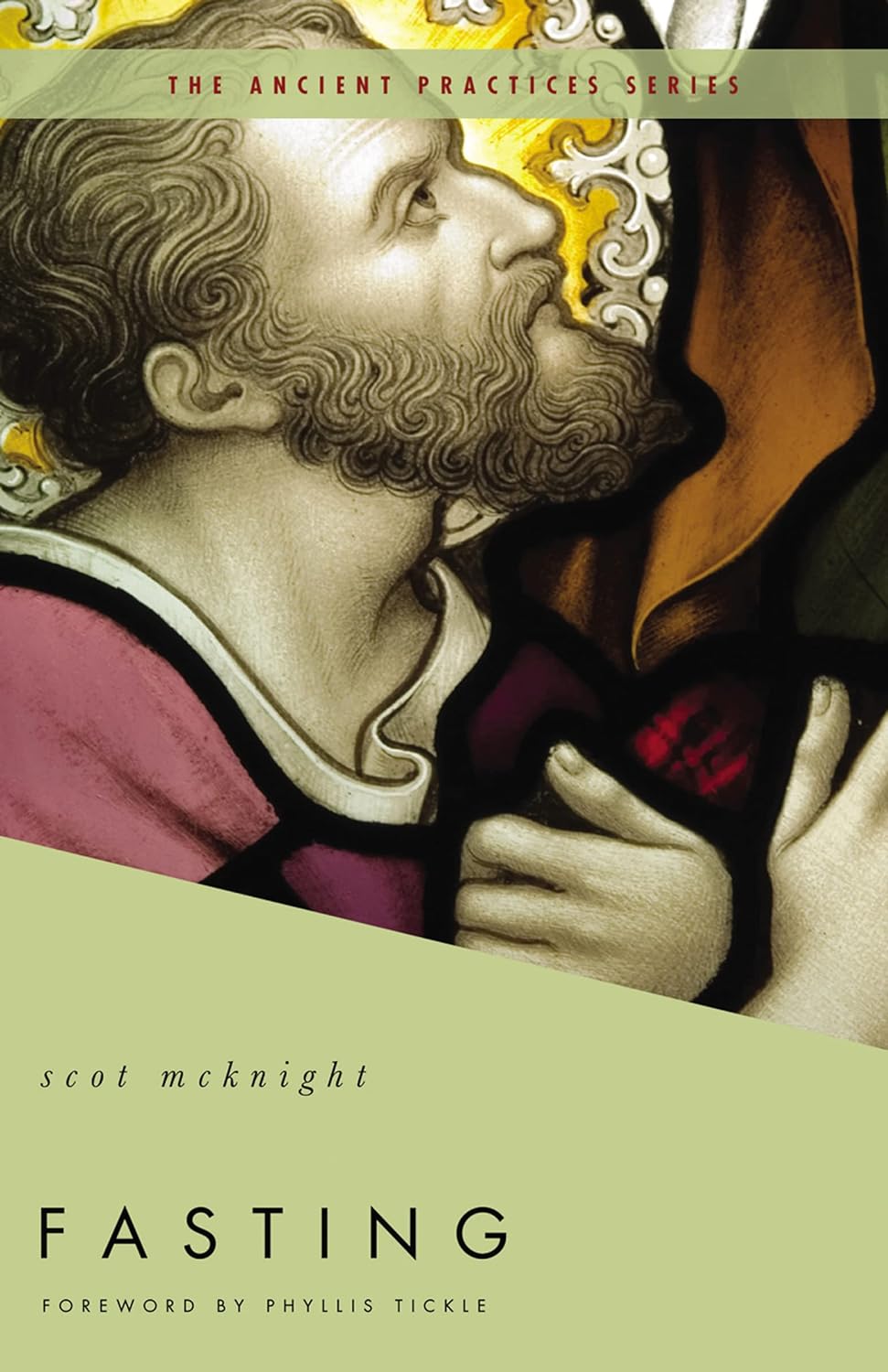Fasting! Please, hold your applause. Try to contain your excitement. We know this is the practice you’ve been waiting for.
If you’re looking forward to the “feasting” portion of our journey or wishing you could go back in time and revisit the wonders of generosity, you’re not alone. Our world is made infinitely better by Chick-fil-A, sourdough bread, chocolate chip cookies, and all the traditional foods that blanket our childhood memories in a sweet or savory haze.
Food is delicious, and our generally uninhibited access to nutrition and delight in the 21st century West is a blessing.
But food isn’t just a privilege, cultural waypost, or expression of creativity. It’s as critical to our survival as water or shelter. When we participate in fasting, we fight our very biology. Without prayer, your soul will wither, but your body will remain intact. Fasting is the opposite. It’s no wonder fasting is often treated as the Super Bowl of spiritual habits.
Prayer brings comfort and proximity. Community cultivates intimacy, friendship, and growth. Slowing (or Sabbath) invites rest and renewal.
By comparison, it’s easy to feel like the cost of fasting far outweighs its spiritual benefit. Gnawing hunger. Nausea. Weakness. Irritability. Fatigue. If the other spiritual disciplines belong on a Sunday school flannelgraph, fasting deserves it’s own 30-second-long disclaimer – you know, like the ones that herald the end of a commercial for prescription medication.
Fasting: may bring spiritual growth, will cause irrepressible hanger in the meantime. Fasting shows us our limitations in their fullness. It reveals the oppression of our schedules, made ever more daunting without a trusty snack or meal to look forward to. When we fast, our impatience, irritation, and exhaustion are on full display.
And friends, this is exactly why we must fast.
Fasting reveals the strength of our grip on comfort. It forces us to confront our flesh at its loudest and most demanding. It rejects our culture’s worship of comfort. It drives us into deeper, desperate dependence upon God to sustain.
The goal of the Christian life is not unending comfort or unhindered self-indulgence. It’s loving union with God. Fasting builds the muscle of self-denial so we can be strong for the trials and temptations that inevitably come.
In today’s Western culture, fasting is often dismissed or misunderstood. Yet, throughout Scripture, fasting is portrayed as a vital spiritual practice undertaken by the people of God in circumstances of urgent need, oppression, or mourning. From Moses to Esther to Jesus, fasting’s prevalence underscores its significance in the spiritual journey. Fasting isn’t merely abstaining from food; it’s a deliberate act of surrender, a tangible expression of dependence.
The apostle Paul addresses the tension between the desires of the flesh and the leading of the Spirit in Galatians 5:13-17. In a culture that equates freedom with indulging every whim, Paul offers a counter-cultural perspective. True freedom, he argues, is found in loving service to others, not in gratifying the self.
Yet, let’s not romanticize fasting. The struggle to abstain from food is real, as anyone who has skipped a meal can attest. Can we get a round of applause for chicken tenders and mac and cheese?
Fasting also should never be treated as a punishment for our spiritual shortcomings. Fasting isn’t about self-flagellation or earning spiritual brownie points. Fasting reorients our hearts toward God, developing a deeper dependence upon the things of the Spirit. It’s a form of temporary, controlled suffering that trains us to prioritize God’s will over our own.
In a culture obsessed with instant gratification and self-indulgence, fasting stands as a radical counter-narrative. It invites us to embrace temporary discomfort for the sake of eternal gain, to surrender our fleeting desires in exchange for the surpassing joy of knowing God intimately, and cultivating a heart for those in need.
So, let us embrace fasting not as a burdensome duty, but as a sacred practice that leads us closer to the heart of God. As we starve the flesh, may we be nourished by the abundance of the Spirit.
Resources
Message Series
Weekly Practice Reminder
To receive a friendly reminder of our weekly practice given in Sunday’s message, simply text “practice” to 970-299-9997.
Additional Resources
Books
Podcast
Pastor Aaron sat down for a conversation with Pastor Pradeepan Jeeva from Seattle to talk about the practice of fasting and the ways it has strengthened his life with God.



